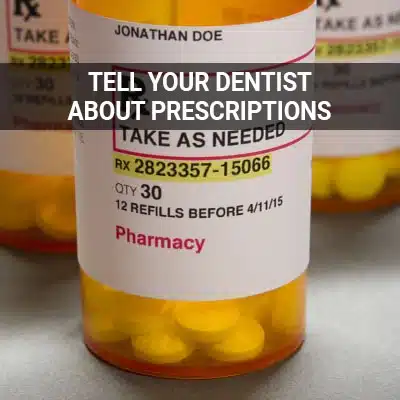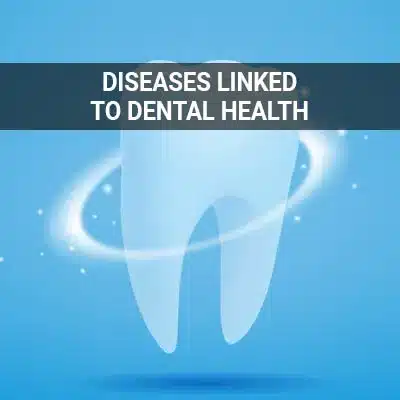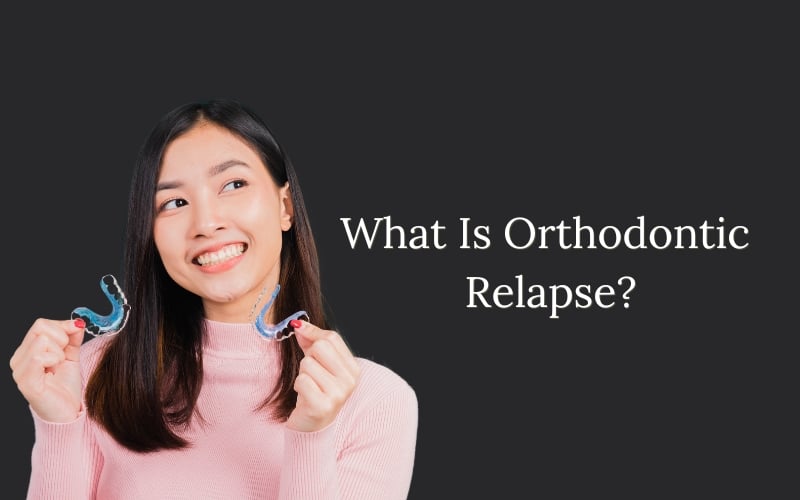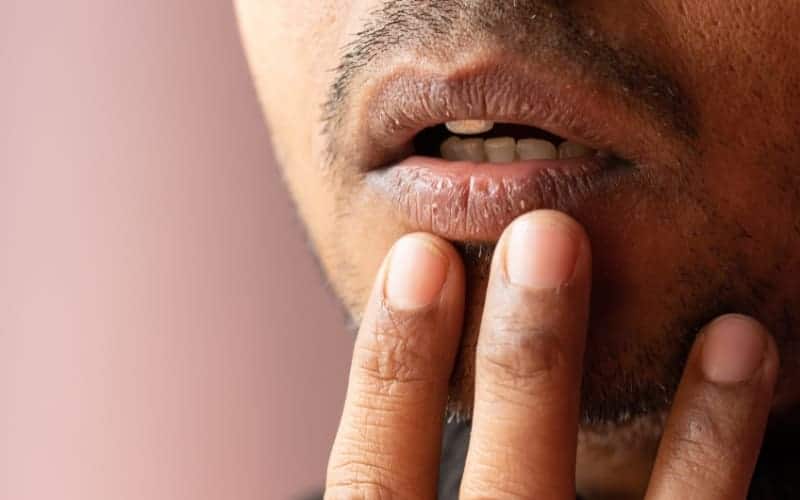
Conditions Linked to Dental Health, Glendale AZ
The emergence of complete health dentistry has seen an astounding advancement in the dental industry as researchers find a connection between oral and general health. The mouth is the leading entryway to the body and is known as the window to a person's general health. A complete health dentist understands the connection between oral and overall health, running their practice on the application of modern dentistry with a focus on systemic relief.
People who take proper hygiene measures to ensure their oral health is up to par may have fewer general health problems. Although many conditions, illnesses, and diseases are genetic, it is possible to combat others through proper oral hygiene. Understanding and applying the oral-systemic link can profoundly enhance a person's health and well-being.
Complete health dentistry is available at Singh Smile Care - Dentist Glendale, AZ in Glendale AZ and the surrounding area. Our staff can help you learn more about the oral-general health connection. Call us at (623) 400-6009 to schedule a consultation appointment today.

Habitual Vs. Genetic
Habitual
Genetic
How to Prevent These Issues
In most cases, health conditions are a combination of genes and environment.
Cavities and Sensitive Teeth
Other Effects of Cavities
As tooth structure decays, the teeth and surrounding areas become sensitive to hot and cold food, drink, air, and temperature.
Cracked and Broken Teeth
Cracked teeth can happen in a variety of ways: craze lines, cracked cusps, cracked teeth, and split teeth. Craze lines are common in adults and are not harmful as they are merely on the surface enamel but may lead to a cracked tooth. Cracked cusps can lead to a broken tooth, and cracked and split teeth need immediate attention as they can cause damage to other parts of the mouth, especially the gums.
Cracked or broken teeth can cause many oral and general health problems, as cracks give way to bacteria and infection. The Oral Health Foundation found that "If they are not treated, cracked teeth can lead to the death of the nerve, and an abscess might grow." An abscess is full of pus and bacteria, and when it opens, the bacteria travels through various tracts to the body.
Cracked or broken teeth can cause many oral and general health problems, as cracks give way to bacteria and infection.
Oral Cancers
Oral cavity and oropharyngeal cancer most commonly result from behavioral factors such as smoking, excessive drinking, and poor nutrition. People with a weak immune system are at the highest risk of developing oral cancers, as the body is unable to fight bacteria and infection as effectively. Human papillomavirus (HPV) infections can also cause oral cancers because of their effect on the mouth and throat.
Oral hygiene plays a vital role in reducing the risk of oral cancers along with preventing oral and general health concerns. The American Cancer Society found that "the overall health of the mouth, teeth, and gums may impact oral cavity and oropharyngeal cancer risk because of changes in the normal bacteria in the mouth." Poor oral hygiene may be linked to these cancers because of bacterial infections, tooth decay, and gum disease.
Oral hygiene plays an important role in both reducing risk of oral cancers and preventing oral and general health concerns.
Questions Answered on This Page
Q. Are oral conditions genetic or a result of environmental factors?
Q. How do cavities relate to teeth sensitivity?
Q. How can a cracked or broken tooth affect other body systems?
People Also Ask
Gum Disease Link to General Health
Gum disease is the leading cause of tooth decay, tooth loss, and, in severe cases, periodontal disease. The CDC found that "Certain chronic conditions increase one's risk for periodontal disease including diabetes, a weakened immune system, poor oral hygiene, and heredity." Gum and periodontal disease, characterized by sensitive and inflamed gums, are linked to decay and can result in tooth and bone loss when left untreated.
Diabetes is another common condition that both affects and is affected by gum disease. According to the Mayo Clinic, "By reducing the body's resistance to infection, diabetes puts your gums at risk. Gum disease appears to be more frequent and severe among people who have diabetes since people who have gum disease have a harder time controlling their blood sugar levels." Gum and periodontal care can help manage diabetes while maintaining stability in blood sugar can also help mitigate gum and periodontal disease.
